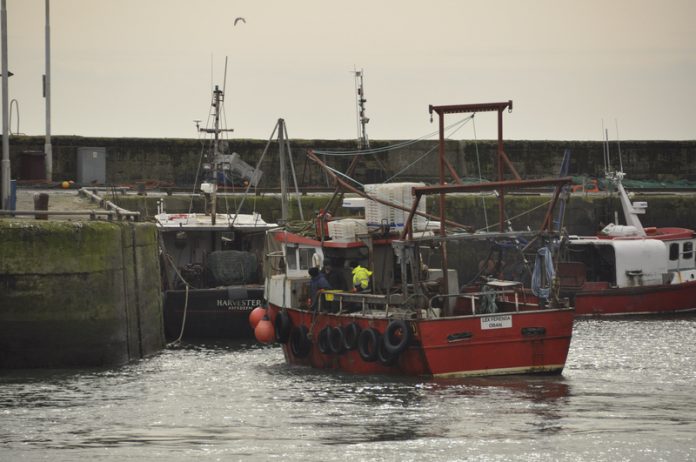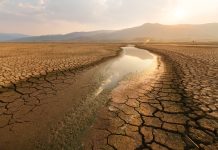
Your partner for capacity development in fisheries projects
For 17 years the United Nations University Fisheries Training Programme has promoted the sustainable use of living aquatic resources in partner countries. Through the work with partners in 50 countries and with our partner institutions in Iceland, the UNU-FTP has identified key problems and opportunities in fisheries in partner countries. The core element of the UNU-FTP is a six-month training which is conducted in Iceland, where fisheries have developed into the backbone of the economy; a knowledge-based industry. The UNU-FTP’s close cooperation with the industry, academia, and research entities in Iceland illustrates to fellows the value of human capital to the development and success of fisheries. This also gives fellows an appreciation for the potential development possible through careful management of fisheries resources.
Fostering the sustainable use of marine environments is a priority area highlighted in the proposed post-2015 development agenda of the United Nations.
One major challenge facing fisheries development relates to resource management. The benefits people and societies derive from resources depend on how we manage them. Fisheries resources are renewable, but not if they are overexploited, and under managed as is the case in many developing countries. Excessive fishing pressure has both biological and economic consequences. Fewer fish are being brought ashore and food security is compromised. Lower profits are generated which leads to less money to pay for essential societal services, such as health and education.
Most of the fish produced in the world today originates in developing countries where fish is an important source of nutrition, employment and income. It is also an important export commodity. Still, lack of appropriate policies and capacity to evaluate the status of stocks make it challenging to formulate and implement adequate management measures. When fellows come to the UNU-FTP, they typically bring data from their home. Often, the data is not satisfactory as input into complex and sophisticated stock assessment models, but they are nonetheless usable and give a good insight into how the stocks and fisheries are developing. For instance, the data from the coastal small scale fisheries in Tanzania collected by the Department of Fisheries is useful. Through this fellow’s data, we see the total catch has remained constant, while the number of fishing vessels and fishers has increased 3-4 fold over the last couple of decades. Over the same period, the annual catch of each fisher has gone from 3.5 to 1.2 tonnes and fishing has become more dangerous as fishermen go further offshore and resort to more dangerous methods.
The trend shown in the analysis using data from Tanzania is seen in many small scale fisheries in developing countries with increasing fishing effort and decreasing returns. Since the establishment of the UNUFTP about 300 professionals from 50 countries have completed the 6-month training in Iceland, specialising in fields such as fisheries management, stock assessment, fish handling and processing, aquaculture, fishing technology and management of fisheries companies. In addition, we develop and deliver a number of short courses in cooperation with our partners in developing countries each year. The programme in Iceland is funded through the ODA budget of the Ministry for Foreign Affairs. Each year 18 fellowships are awarded, leaving 4-6 places available to externally funded fellows.
Tumi Tómasson Ph.D, Programme Director
United Nations University Fisheries Training Programme
Marine Research Institute – Iceland
Tel: +354 575 2000 / Direct 575 2083
Mobile: +354 895 9807
unu@unuftp.is










